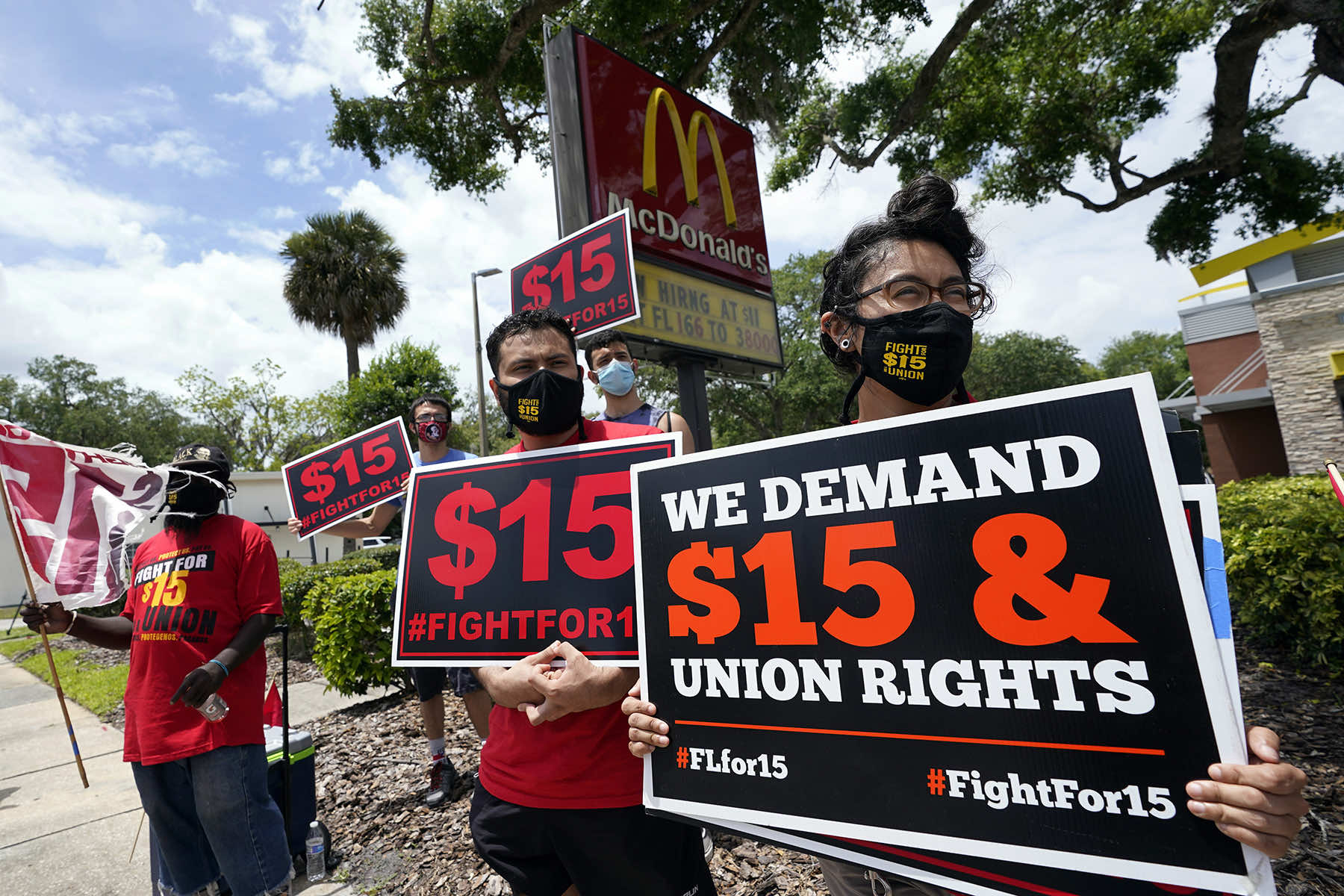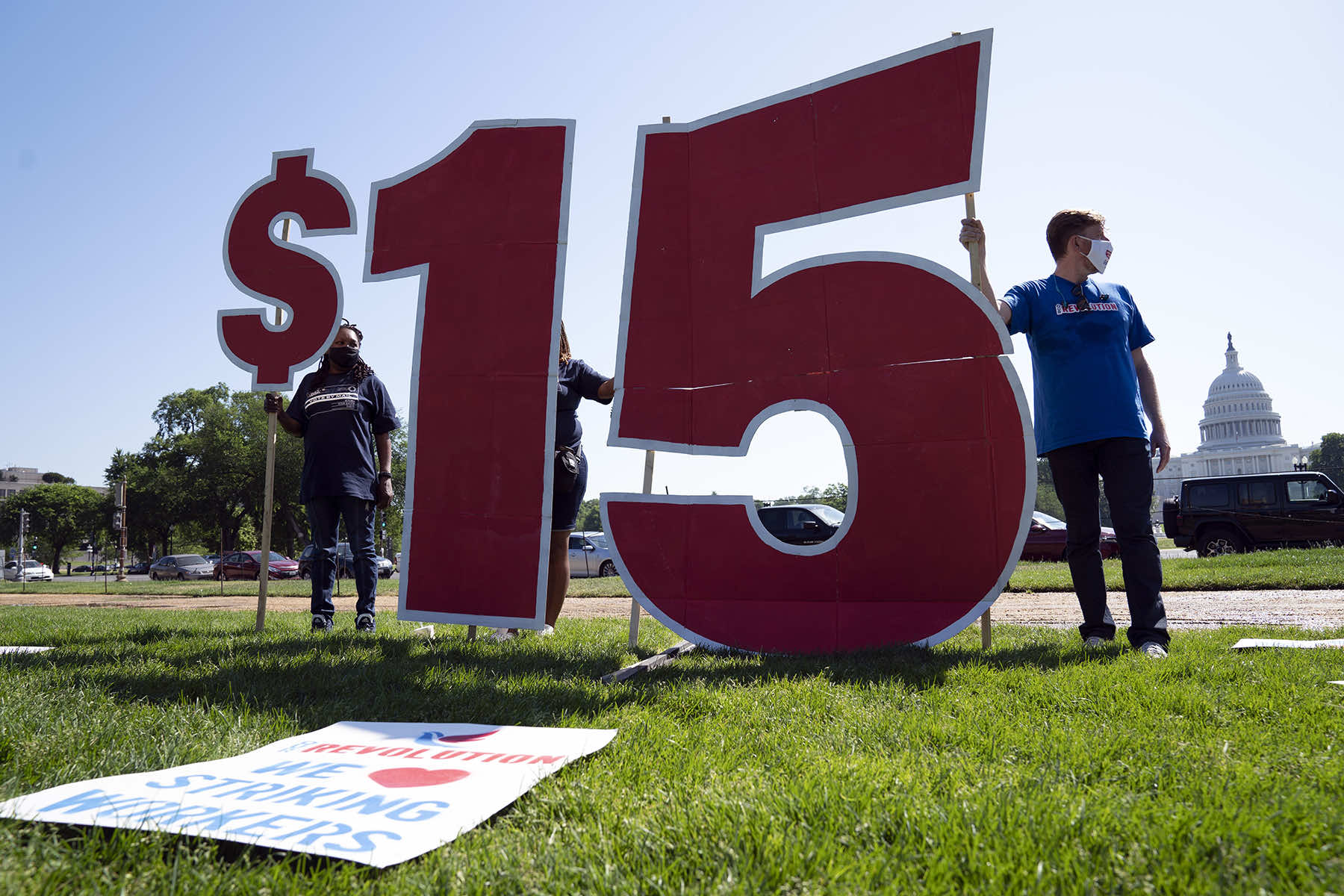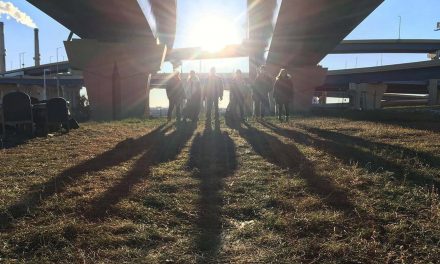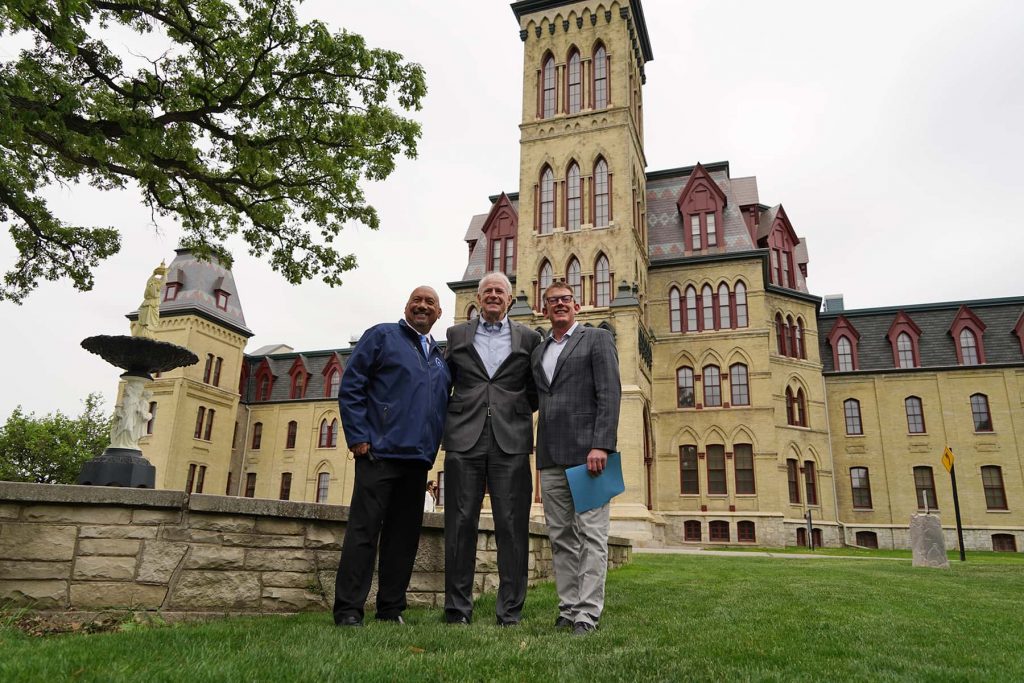
Workers, activists, and others from Milwaukee to capitals across Asia marked May Day with rallies and marches to call for better working conditions and greater labor rights.
May Day, which falls on May 1, is observed in many countries as a day to celebrate workers’ rights. May Day events have also given many an opportunity to air general economic grievances or political demands.
Wisconsin’s May Day March for 2024 condemns Trump’s message of hate and division. This year marks Voces de la Frontera’s 18th anniversary statewide May Day march, the largest in Wisconsin, held annually and this year in Milwaukee.
The march to the Fiserv Forum, where the Republican National Convention will be held, coincided with Trump’s visit to Waukesha. It is his first stop in Wisconsin since a New York judge found him in contempt of the court for violating a gag order, in the criminal trial of his illegal scheme to influence the 2016 presidential campaign by purchasing and then burying harmful stories of his infidelity.
“Trump is not welcome in Wisconsin,” said Christine Neumann-Ortiz, Executive Director of Voces de la Frontera Action, “He is a White Supremacist who promises dictatorship, family separation, and mass military-style deportations. The Latinx vote in 2020 was key to Trump’s defeat in Wisconsin.”
Neumann-Ortiz said that For President Biden to prevail in the swing state of Wisconsin in 2024, he needed inspire Latinx voters, many of whom are from mixed immigration status families.
“We call on President Biden to use his executive authority to immediately grant access to work permits for long-standing undocumented immigrant workers and their families,” added Neumann-Ortiz. “These immigrants are essential workers who have been here for decades, paying their taxes, and risking their lives during the pandemic.”
In Seoul, the South Korean capital, thousands of protesters sang, waved flags and shouted pro-labor slogans at the start of their rally on May 1. Organizers said their rally was primarily meant to step up their criticism of what they call anti-labor policies pursued by the conservative government led by President Yoon Suk Yeol.
“In the past two years under the Yoon Suk Yeol government, the lives of our laborers have plunged into despair,” Yang Kyung-soo, leader of the Korean Confederation of Trade Unions, which organized the rally, said in a speech. “We can’t overlook the Yoon Suk Yeol government. We’ll bring them down from power for ourselves.”
KCTU officials said they plan similar May Day rallies in more than 10 locations across South Korea on May 1.
KCTU union members decried Yoon’s December veto of a bill aimed at limiting companies’ rights to seek compensation for damages caused by strikes by labor unions. They also accuse Yoon’s government of handling the 2022 strikes by truckers too aggressively and insulting construction sector workers whom authorities believed were involved in alleged irregular activities.
Since taking office in 2022, Yoon has pushed for labor reforms to support economic growth and job creation. His government has vowed to sternly deal with illegal strikes and demand more transparent accounting records from labor unions.
“The remarkable growth of the Republic of Korea was thanks to the sweat and efforts of our workers. I thank our 28.4 million workers,” Yoon said in May Day message posted on Facebook. “My government and I will protect the precious value of labor.”
Seoul rally participants later marched through downtown streets. Similar May Day rallies were held in more than 10 locations across South Korea. Police said they had mobilized thousands of officers to maintain order, but there were no immediate reports of violence.
In Japan, more than 10,000 people gathered at Yoyogi park in downtown Tokyo for a May Day event, demanding salary increases that they said could sufficiently set off price increases. During the rally, Masako Obata, the leader of the left-leaning National Confederation of Trade Unions, said that dwindling wages have put many workers in Japan under severe living conditions and widened income disparities.
“On this May Day, we unite with our fellow workers around the world standing up for their rights,” she said, shouting “banzai!” or long life, to all workers.
In the Philippine capital, Manila, hundreds of workers and left-wing activists marched and held a rally in the scorching summer heat to demand wage increases and job security amid soaring food and oil prices.
Riot police stopped the protesting workers from getting close to the presidential palace. Waving red flags and holding up posters that read: “We work to live, not to die” and “Lower prices, increase salaries,” the protesters rallied in the street, where they chanted and delivered speeches about the difficulties faced by Filipino laborers.
Poor drivers joined the protest and called to end a government modernization program they fear would eventually lead to the removal of their dilapidated jeepneys, a main mode of public transport, from Manila’s streets. Similar May Day rallies were expected in other Asian and European cities.





















